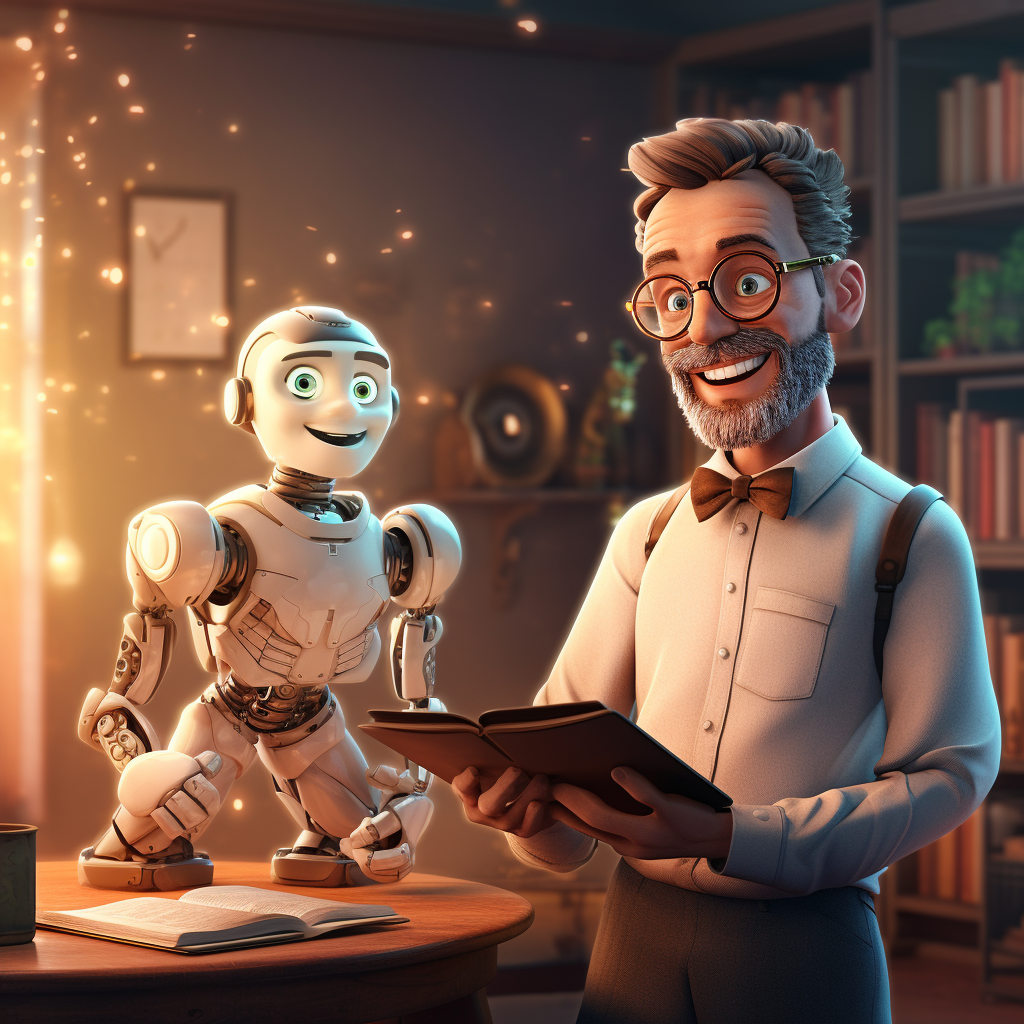Written by Daniel Errante
How to tell if an essay is AI generated?

Drafting an impeccable academic essay has always been a daunting task for many students. In the recent past, the advent of AI-powered writing tools such as Grammarly, QuillBot, and more, has offered significant assistance in this endeavor. This evolution has even sparked the question, “Has AI become so good at writing that it could replace human authors?” But beyond that curiosity, a more worrying query has risen amongst the academic community: “Can professors tell if AI wrote an essay?” Let’s delve into this fascinating debate.
The Age of AI
Artificial Intelligence (AI) has revamped the writing process with grammar-checkers, style enhancers, and even essay generators. They have transformed our experience of writing with real-time suggestions and revisions. However, this advancement calls for an inspection of the authenticity of AI-generated content and its detection.
AI-generated text, whether it’s an article, a blog, or an academic essay, often looks vastly indistinguishable from human-written content at first glance. Some AI tools do an excellent job at writing coherent text running into multiple paragraphs without any human intervention. But, like every piece of advanced technology, it has certain limitations.
Distinguishing AI-written Essays
When it comes to writing essays, especially academic ones, understanding the context, having a logical and persuasive argument, and original thinking are of significant importance. This is where AI, despite the sophistication it possesses, typically falters. Here are some aspects professors might consider while distinguishing AI-generated essays:
Lack of Deep Understanding: At their core, AI writing tools follow predefined algorithms and patterns. They lack the ability to understand the deep, nuanced context of a topic. While they are very good at constructing sentences based on context, they are incapable of original thought.
Limited Critical Analysis: An attribute of robust academic writing is critical analysis. An automated writing tool might flawlessly put together intelligible sentences, but it lacks the ability to dissect a concept critically, judge it, and then articulate an opinion about it.
Language Uniformity: AI-written essays could exhibit a high level of language uniformity, sticking to a consistent style that almost seems too perfect. A keen observer could spot this language perfection, and it could serve as a hint towards automated content generation.
Lack of Personal Touch and Emotions: AI-generated content is typically devoid of human touches, emotions or personal experiences. It might fail to deliver pieces that resonate with human experiences or emotionally engage the reader.
Current Scenario
In today’s scenario, most professors may not be able to reliably tell if an AI wrote an essay due to the sophistication of modern AI writing tools. Their keen eyes might be able to spot the aforementioned anomalies, but there is still a large chance of human error. However, advancements are being made in the field of AI detection.
Existing AI models and machine learning algorithms are currently being used to develop systems to pinpoint AI-generated content. Companies like OpenAI have already shared their progress in developing models to detect their own AI-generated writings.
Ethical Implications
The topic of AI-written essays not only triggers technical questions but also ethical ones. Using AI to complete essays could be construed as a form of plagiarism since the work is not originated from the student. It raises questions about academic integrity and accountability. Schools and universities may need to update their academic integrity policies to tackle this rising technology.
Conclusion
In conclusion, the question “Can professors tell if AI wrote an essay?” does not yet have a definitive answer. Although some signs can hint towards AI authorship, the sophistication of modern AI writing tools can make it challenging to discern the difference. The detection of AI-written essays is still a developing field. As AI continues to advance, so too must the systems and tools used for its detection.
The possibility of using AI for writing essays introduces a new frontier of challenges and opportunities in the academic realm. As AI takes strides in becoming a comprehensive writing partner, it must be seen as a tool to help students in their learning journey rather than the primary author of their work. The ability to think critically, present original thoughts, and the personal touch in writing still remains irreplaceable and uniquely human.
Don't let complicated software hold you back. Step into effortless content creation with Typli and elevate your writing today. Experience AI content writing made simple.